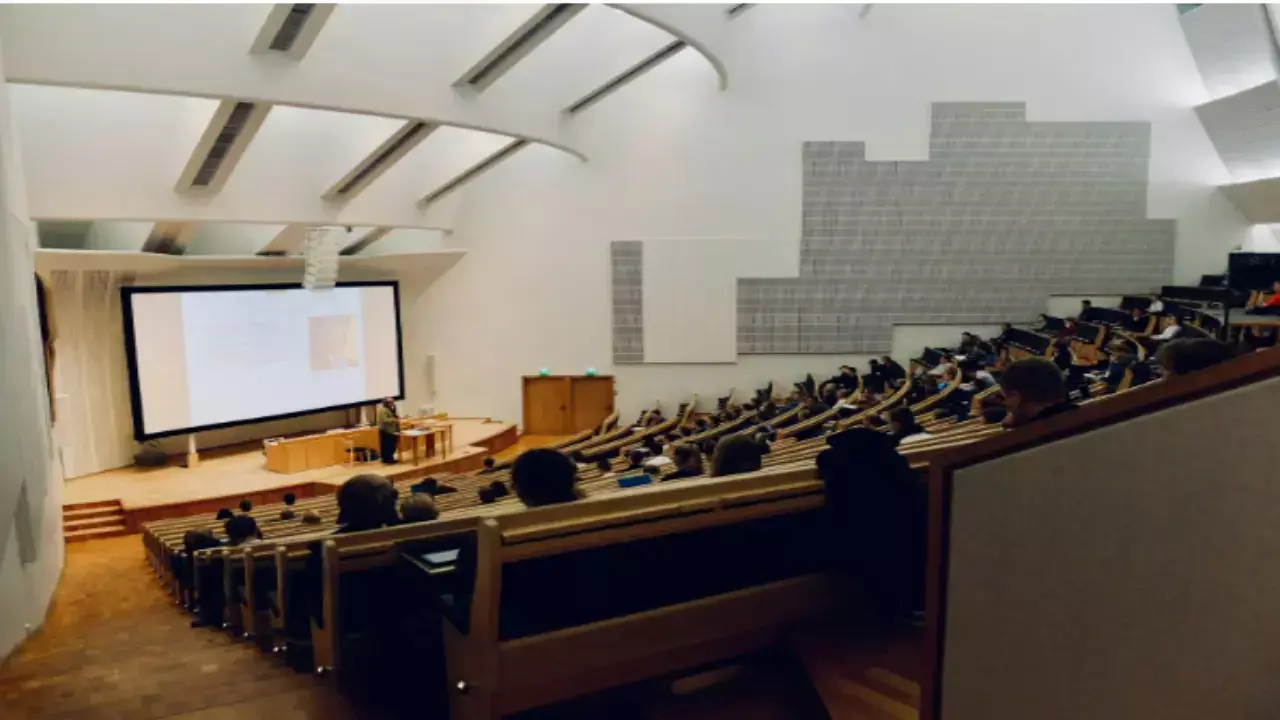AI- Superpower for higher education sector

What exactly is AI's superpower for the higher education sector? In simple terms, AI has the potential to revolutionize the way we learn. Let's dive deeper into how this technology can shape the future of education
Artificial Intelligence, or AI, has been a buzzword in the technology world for quite some time now. It refers to the ability of machines to perform tasks that typically require human intelligence, such as learning, problem-solving, and decision-making. We have seen AI being used in various industries, from healthcare to finance, and now it is slowly making its way into the higher education sector.
So, what exactly is AI's superpower for the higher education sector? In simple terms, AI has the potential to revolutionize the way we learn. Let's dive deeper into how this technology can shape the future of education.
1. Personalised learning
One of the biggest challenges in traditional education is catering to the individual needs of students. AI has the ability to analyze data and provide personalized learning experiences for students. By tracking their progress and understanding their strengths and weaknesses, AI can create a customized curriculum for each student.
This means that students can learn at their own pace, focusing on areas where they need more practice, and move on from topics they have already mastered. This not only makes learning more efficient but also helps students to stay motivated and engaged.
2. Smart & engaging content
AI can also enhance the learning experience by creating smart content. This means that learning material can be customized to the specific needs and knowledge level of each student.
For example, if a student is struggling to understand a particular concept, AI can provide them with additional resources and exercises to reinforce their understanding. On the other hand, if a student has a strong grasp of a concept, AI can provide more challenging tasks to keep them engaged. This adaptive learning approach ensures that students are constantly challenged and can reach their full potential.
3. Efficient grading
Grading can be a time-consuming task for teachers, taking away valuable time that could be spent on teaching and supporting students. With AI, grading can be automated, saving teachers hours of work.
AI algorithms can assess assignments, quizzes, and even essays, providing accurate and timely feedback to students. This not only reduces the workload for teachers but also ensures that students receive prompt feedback, allowing them to improve and grow.
4. Improved student support
AI's superpower extends beyond just the classroom. It can also improve student support services, such as counseling and career guidance.
By analyzing data on students' academic performance, behavior, and interests, AI can provide personalized recommendations for career paths or offer support services to students who may be struggling. This can help students make more informed decisions about their future and ensure they receive the support they need to succeed.
Conclusion
AI has the potential to transform the higher education sector in many ways. From personalized learning to efficient grading and improved student support, this technology can enhance the
learning experience for students and make the lives of teachers easier. However, it is important to note that AI is not meant to replace teachers, but rather to support and enhance their role. With the right implementation, AI can be a powerful tool in creating a more efficient and effective education system.
(The author is Senior
Director of IMS Noida and Alumni of Harvard University (HKS))
















